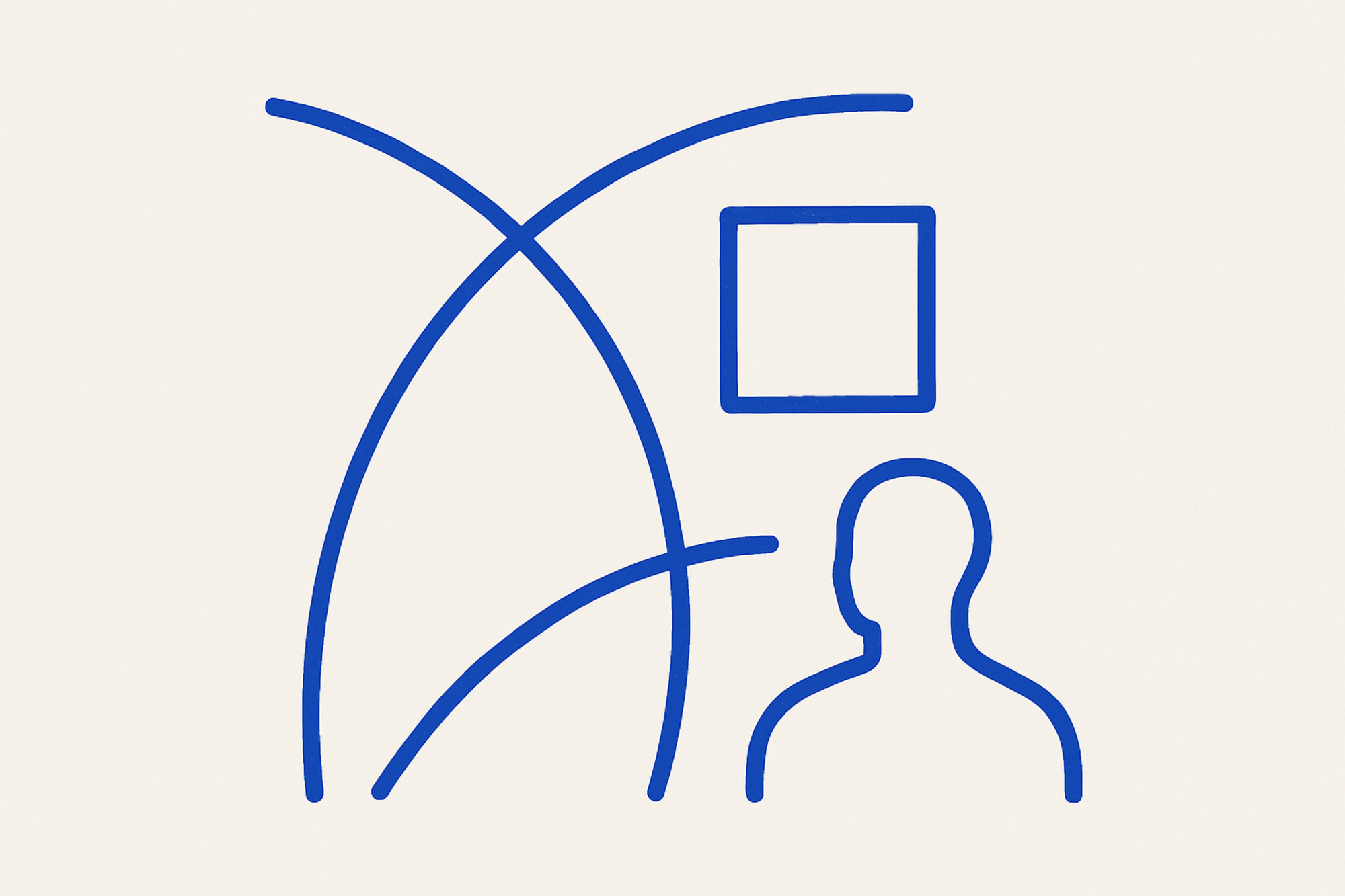Upgrades, Dockings, Goodbyes: Where Tech’s Cycle Spins Next

The future of technology, it seems, is both cyclical and self-reinforcing. This week, we’re greeted (again) by the thrill of Apple’s new silicon, robots on the cusp of war, another chapter in Elon Musk’s regulatory drama, and the slow morph from single-purpose apps to do-it-all platforms. Meanwhile, the laptop world is in an arms race of its own, and, in an endearing anomaly, some folks are building apps not for maximal profit, but for the benefit of those most often left behind. Underneath all the shimmering silicon and the world-conquering optimism, there’s a clear subtext in tech: we’re running fast, breaking things, but every so often, remembering to fix a few.
Lift-Offs and Splashdowns: Hardware Euphoria Returns
This week’s headlines are awash with launches—both literal and metaphorical. SpaceX preps its 11th Starship flight, aiming to stress-test booster heatshields and rehearse maneuvers for a future where Mechazilla’s “chopsticks” actually catch hardware. It’s test, refine, repeat—the same incremental culture animating the always-imminent future of commercial spaceflight (Engadget).
If counting down from T-minus isn’t your thing, try a tick-tock instead. Apple’s silicon revolution refuses to lose momentum, with the rumored debut of the M5 chips—quietly rolling out to MacBook Pros, iPad Pros, and a refreshed Vision Pro. There’s no flashy livestream this time, just online updates as the company cements its relentless product cadence (Engadget).
The Best (and Most Repairable) Laptops—A Victory Lap for Choice?
WIRED’s latest laptop guide is the computing equivalent of a modernist buffet: flashy MacBooks, svelte ZenBooks, modular Framework machines, budget Chromebooks, and everything in between. The current battle is no longer just specs—it’s about form factors, upgradability, sustainability, and price sanity (WIRED).
Notably, the push for more repairable, upgradeable hardware (exemplified by Framework) is gaining steam, suggesting that, despite encouragement toward perpetual consumption, there’s still room for sustainable design. It’s a subtle nod to the fact that not every piece of technology is disposable—an idea increasingly resonant as climate and e-waste concerns mount.
The App Industrial Complex—From Everything to Nothing
App-ification continues its march, for better and for worse. On one hand, ChatGPT is pushing hard to become the internet’s new “everything” platform—a software layer for apps, plugins, and integrations, reminiscent of the WeChat dreams in the West (The Verge). If OpenAI gets its way, your browser, your newsreader, even your operating system may soon be playing second fiddle to your AI copilot.
Yet, app endings are as inevitable as launches: Apple’s Clips video-editing tool quietly received a pink slip, leaving us to wonder whether even big-tech pet projects have a shelf life—no matter how much AR or social-optimism they promise (The Verge).
Saviors and Schemers: Technology’s Human Stakes
For all its high-flown ambitions, tech occasionally remembers its social contract. Two notable trends: ZoraSafe, an app launching soon, aims to protect older users from online scams while smuggling digital literacy lessons into their daily routines—microlearning for resilience, not just paranoia. It’s a rare example of gamified tech that’s priced for the real world and aware of cross-generational digital divides (TechCrunch).
Meanwhile, CNET extols the offline workaround for watching NFL Sunday Ticket—a reminder that, in the age of algorithmic scarcity, sometimes community and physical space are the true "streaming platforms" (CNET). Even with AI overlords, you still have to leave the house to watch the game—solidarity in the form of shared screens, nachos and all.
Musk, Regulation, and the Cautionary Tech Fairy Tale
On the other end of the moral spectrum stands the latest episode in “Elon Musk vs. The Regulators.” From Tesla’s self-driving controversy to Boring Company’s apparent indifference to local ordinances, the news is a gallery of Silicon Valley’s unchecked bravado clashing with democratic oversight. The lesson repeats: innovation unmoored from accountability yields, at best, half-built tunnels and, at worst, existential risk (TechCrunch).
Autonomous Dreams and Robot Nightmares
And what of those robot-dreams? CNET’s hands-on with the Phantom MK1 humanoid robot at Foundation signals just how much the military-industrial appetite for AI and robotics hasn’t waned, with founders open about deploying these machines from war zones to Mars. The demos are impressive, but it’s a reminder that the gleaming face of innovation often hides uncomfortable futures. The enthusiasm for defense contracts doesn’t bother with ethical afterthoughts; it’s the ghost in our all-too-metallic machine (CNET).
Conclusion: Tech’s Relentless March (with the Occasional Step Back)
The threads running through these stories—launches and recalls, upgrades and endings, breakthroughs and regulatory crackdowns—point to a tech industry that is as restless as ever. There’s both utopian optimism (the next chip, the next rocket) and a constant reckoning with the fallout (environmental, social, and ethical).
Sometimes the future comes racing at us; sometimes, it arrives with a gentle tap on the shoulder—reminding us that not everyone wants to live inside a phone, drive an autonomous tunnel, or outsource all their creativity to AI. In between, perhaps there really is an app for everything—at least until someone, somewhere, pulls the plug.
References
- SpaceX will attempt Starship's 11th flight test on Monday - Engadget
- The ZoraSafe app wants to protect older people online - TechCrunch
- 16 Best Laptops (2025), WIRED-Tested and Approved | WIRED
- Yes, You Can Watch NFL Sunday Ticket Games Without a Subscription - CNET
- ChatGPT is becoming an everything app | The Verge
- Elon Musk vs. the regulators | TechCrunch
- The first products with Apple's M5 chip could make their debut this week - Engadget
- Humanoid Robots Headed to War? I Went Hands-On With the Phantom MK1 - CNET
- Apple ends support for Clips video-editing app | The Verge
